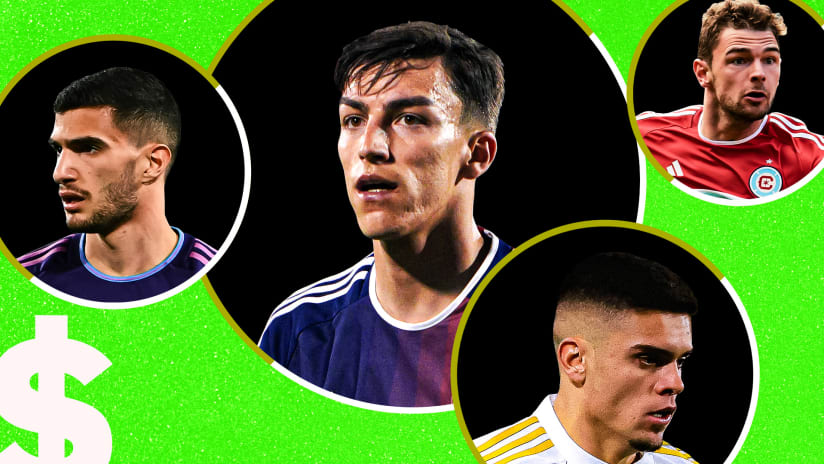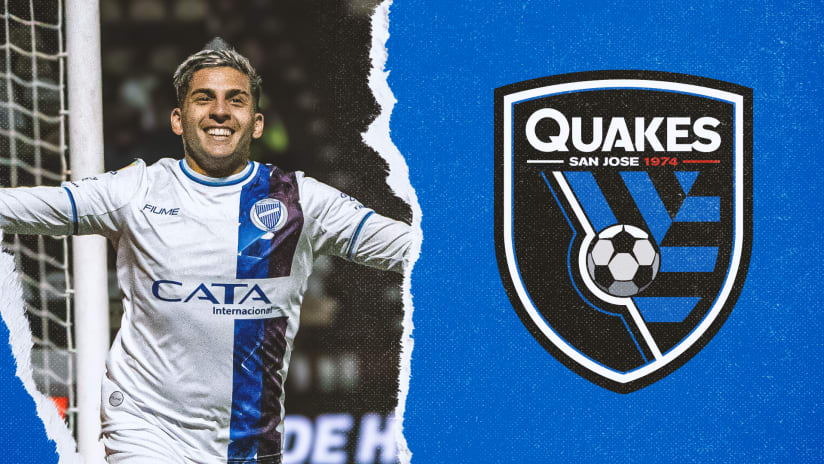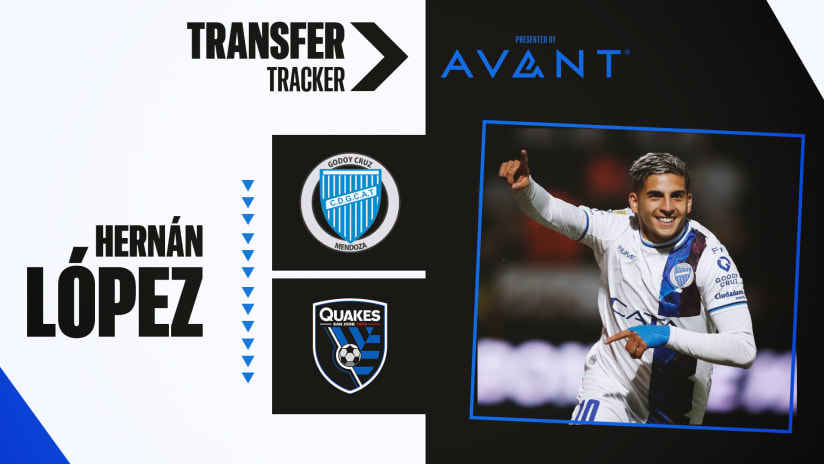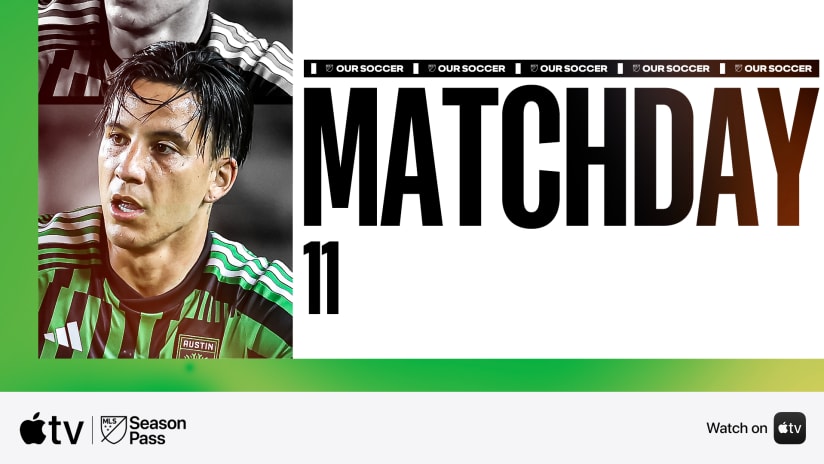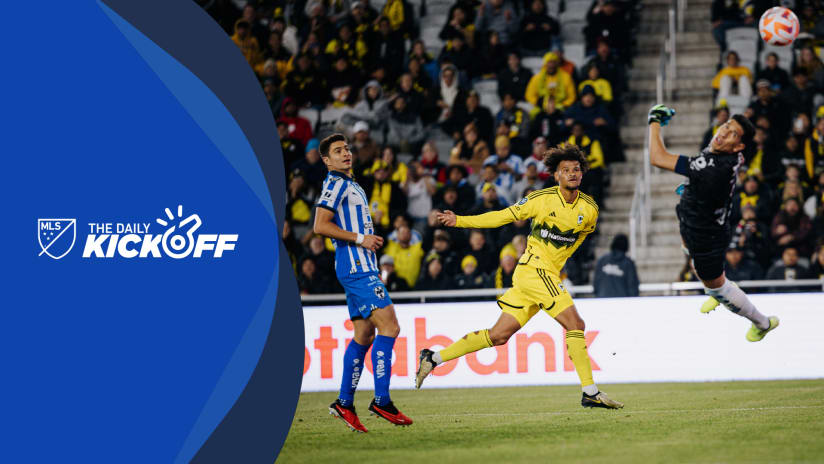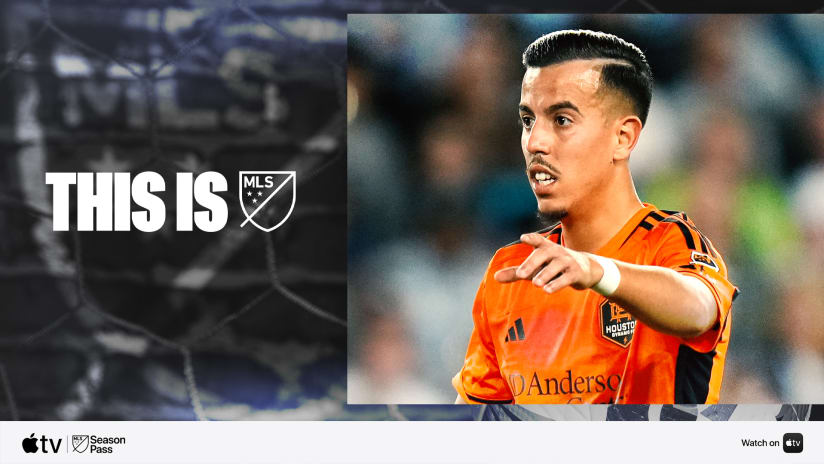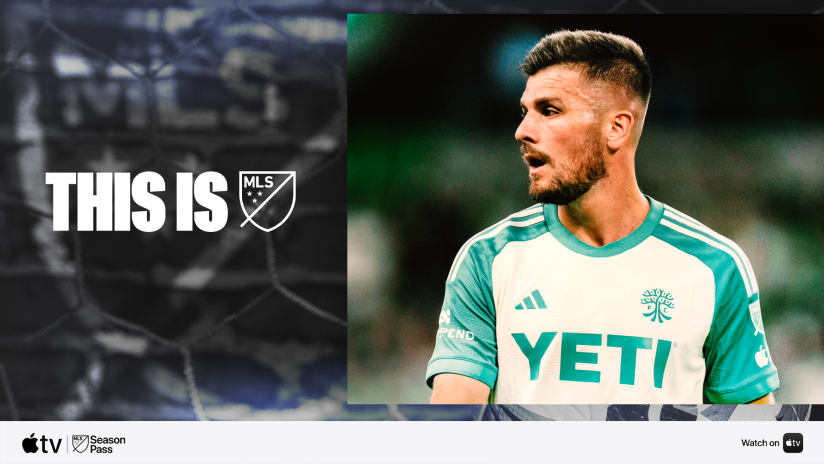Well, well, well.
It's funny how things can go full circle.
Five years after he played for the MetroStars, Lothar Matthaeus finds himself empowered with a task that will influence the United States' World Cup fortunes this June.
His primary job at Friday night's World Cup draw is to pick the countries out of a brandy sifter for Pot 4 -- which includes CONCACAF (yes, the U.S.) and Asian teams -- that will begin the machinations of the Americans' cup fate.
It's just a coincidence that FIFA selected the captain of Germany's 1990 world championship team to pick the group that included the CONCACAF and Asian teams.
Will he start the way to a group of death that could include a powerhouse such as Brazil, Germany or Argentina to go with an always difficult Netherlands side and either Ecuador or Paraguay?
Or will he give the Americans some luck with a group that could include a much-weaker seeded Spain with Switzerland and Togo?
By 3:53 p.m. ET time we should know their fate. And since Pot 4 will be the final group listed on the big board at Leipzig convention center, it will be easy to realize before the U.S. is selected which of the eight groups will be quicksand and others that should be competitive.
"I love to influence football and soccer in any part of the world," Matthaeus said.
MLS and MetroStars fans in particular, might remember Matthaeus's outspoken and controversial ways during his days with the club in 2000.
In fact, Matthaeus was quite diplomatic when he spoke about the U.S.
"It doesn't matter what ball I pick," he said. "I would be delighted -- since I played football in the U.S. -- if the U.S. had a tournament as successful as they had in 2002. It would give U.S. football some big stimulus."
Matthaeus, who currently coaches the Hungarian national team, must have mellowed a bit in the past five years. After Hungary managed to scrape out an unlikely and ugly qualifying victory in Iceland last June, Matthaeus actually apologized to the Icelandic people.
On Thursday, Matthaeus found himself in the spotlight as the program's spokesman as FIFA unveiled a new award -- for the best young player (sponsored by Gillette).
There was no such honor in the previous 17 Cups, although FIFA showed a video of promising young players took center stage from past tournaments.
On the screen above the press conference podium flashed goal-scoring feats of Belgian's Enzo Scifo (1986), followed by Yugoslavia's Roberto Prosinecki (1990), Holland's Marc Overmars (1994) and England's Michael Owen (1998). Then the U.S.'s Landon Donovan (2002) suddenly appeared, scoring a goal in the stunning 3-2 triumph over Portugal.
"Pressure is getting more and more [difficult] at a big tournament," Matthaeus said. "People expect more. Thirty years ago it wasn't a big deal if a player made a mistake."
"Why a new award?" FIFA spokesman Andreas Herren said. "There is a special group of young players who have yet to establish themselves freely. The World Cup is a platform to emerge."
There was little question Donovan emerged in 2002, striking twice to help the Americans to a surprising quarterfinal finish before they met their match against the Germans, although many members of the German media felt the U.S. outplayed their side in the 1-0 loss.
"Donovan was the best young player of the World Cup," Matthaeus said.
Several miles away at the Renaissance Hotel, Donovan's coach, Bruce Arena was holding court with several members of the American media.
He admitted he hadn't looked at any or the permutations, whether it be best-case or worst-case scenario.
"I haven't spent two minutes worrying about it," he said. "I haven't examined the field because it's a waste of time."
Since the U.S. hasn't played a meaningful game in months -- clinching a qualifying berth in a win over Mexico on Sept. 3, Arena welcomed the draw.
"There has been very little motivation on our part," he said. "It gets us motivated. We can begin the process of getting ready for the World Cup."
Arena said he would rather play his first game several days into the tournament.
"You get more time to prepare," he said. "You get to understand the flow of the tournament, what's happening, how the referees are calling the games. Anything that's going on you get a little feel for it when you're playing a little later.
"I hope we start a little bit later than early.
"However, having said that, I probably put the jinx on me. We'll probably get the opening game."
Asked if he would like to play a top-seeded team such as Brazil early on because favorites usually are slow starting in the tournament, Arena jokingly looked up to the heavens and put his hands together as though he was praying.
"I'd love to play Brazil first," he said with a smile on his face.
"I'd rather play them in the final."
But the quarterfinal finish three years ago was an important first start and certainly didn't hurt.
"I don't think [other countries] fear us," he said. "But I think they appreciate that we're probably not a pushover. I think it will take awhile for us to build any kind of respect at this level."
The U.S. is a good, solid side. But no one has to remind Arena how fragile the team is, especially if many injuries hit at the same time.
"If healthy, we're OK," he said. "Once we start losing players, we have problems."
If Matthaeus picks the U.S. at the wrong time, the Americans could have more than their share of problems and challenges.
Michael Lewis can be reached at SoccerWriter516@aol.com. He will only answer letters and em-mails that are signed. This story was not subject to the approval of Major League Soccer or its clubs.


